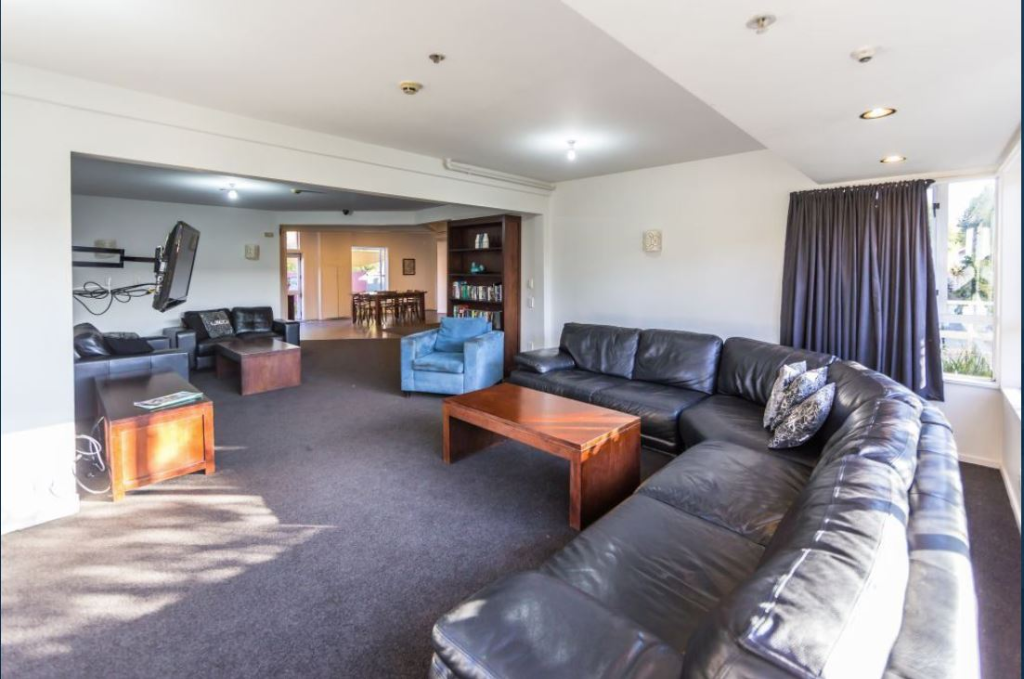

How To Stay Ahead Of Law Changes

Following the trend of the year, the last few months have been action packed for residential property investors. We have seen the release of the Residential Tenancies (Healthy Homes Standards - HHS) Regulations 2019 along with the deadline for insulation required under the Residential Tenancies (Smoke Alarms and Insulation) Regulations 2016 now very near at 30 June 2019 and the Privacy Commissioner's recommendations for landlords, all this sweetened by a cut of 25 basis points to the OCR - all make a rather interesting mix for investors.
All rentals should now be insulated
The insulation requirements should be all but history now for investors, we have had three years to insulate our properties to the required level. I am aware of many installation companies that are now more than fully booked for installs out to September and October. There will be a new round of installation requirements to meet as the HHS deadlines come into play.
What are the Healthy Homes Standards (HHS)?
The HHS set minimum requirements for heating, insulation, ventilation, moisture, drainage and draught stopping in rental properties and add to that, quite the list of information and records required under Part 3 of the Act.
Heating - the main living room must have one or more fixed qualifying heaters, which provide the heating capacity to heat the main living room to at least 18°C and be capable of maintaining this temperature during the coldest days of winter.
The new regulations clarify the requirements for heating devices – some will not meet the requirements under the standard as they maybe inefficient, unaffordable or unhealthy. There is a heating assessment tool which will assist with determining the heating capacity required for the main living room in your rental. This tool will confirm if existing heating devices will meet the standard or what heating options would meet the heating standard if installed.
Insulation - the minimum level of ceiling and underfloor insulation must either meet the 2008 Building Code, or (for existing ceiling insulation) have a minimum thickness of 120mm and be in reasonable condition with no dampness, damage or displacement. This differs from the “old” Residential Tenancies (Smoke Alarms and Insulation) Regulations 2016 where a thickness of 70mm in good condition was acceptable.
Ventilation - rentals must include windows or doors that open in each habitable space. The windows or doors must comprise at least 5% of the floor area of that space, in addition to that an extraction fan or rangehood must be installed in rooms with a bath or shower or indoor cooktop.
Moisture ingress - if a rental property has an enclosed subfloor space, it must have an on-ground vapour barrier (GVP). Most insulation installation companies would have quoted for the GVP with any underfloor insulation. These really do make a significant difference to the ambient moisture in a property.
Drainage - the standards reinforce existing requirement to have adequate drainage and guttering.
Draught stopping - any gaps or holes in walls, ceilings, windows, floors and doors that cause unreasonable draughts must be blocked. As part of this, landlords will have to block the fireplace or chimney of an open fireplace unless the tenant and landlord agree otherwise. It is a good idea to block them off anyway.
When do you need to comply by?
So, the timeframes, the current insulation compliance period expires 1 July 2019 and from 1 July 2021 landlords must ensure that their rental properties comply with HHS within 90 days of any new, or renewed, tenancy.
The Residential Tenancies (HHS) Regulations 2019 are available to view for anyone who is interested here.
What new info do you need in your tenancy agreements?
As mentioned above, there is a new part of the bill that covers the information and records that are to be included in new tenancy agreements. It would be best to keep an eye on the Tenancy Services website to be sure that you are using the most recent forms to ensure best practice and compliance.
From 1 July 2019, landlords will also be required to - keep records that demonstrate compliance with any HHS that apply or will apply during the tenancy; and include a separately signed statement of intent to comply with the HHS in any new, varied or renewed tenancy agreement.
At A1 Property Managers we are working towards ensuring all tenancies we manage include a statement of intent by 1 July 2019. As members of Total Tenancy, we receive and use up-to-date tenancy agreements, tenancy documents, guides and training. We are negotiating with several assessment companies to find the best solution to ensure all properties are inspected and compliant within the timeframe. Where needed we will arrange quotes for Owners to install or repair what is required to meet the standards.
Importance of record keeping
The final certification due by 1 July 2021 requires a lot of detail. Records must be kept of compliance including inspection reports, video or photographs, records in installation, records of calculations of living rooms heating capacity, product manuals of installed items and certificates or other documents issued. For example, it’s not just case of whether the bathroom has an extractor fan, you will be required to state the diameter and the exhaust capacity of the fan as well.
Landlords must provide proof within 10 working days of request or risk being fined up to $1000 for exemplary damages.
Are there any exemptions to the rules?
Yes, there are exemptions where it’s not reasonably practicable for a professional installer to access the relevant area without carrying out substantial building work, causing substantial damage to the premises or creating risks to the health or safety of any person.
If the building will be demolished then the HHS won’t apply as long as there is an application for consent to demolish before the tenancy starts or a consent was granted before the tenancy commenced. The exemption ceases if the consent lapses, is refused or the landlords fails to provide evidence within 10 working days of the request.
Future tenant selection to be luck of the draw?
The Privacy Commissioner has released recommendations for the collection of person information by landlords. There is a one page “guidance” sheet that sets out some recommendations for landlords. There is some interesting information that is suggested to be almost never justified in collecting such as age, we know that the RTA does not apply to people under the age of 18 so how are we able to establish that with obtaining a person’s age? Also, employment status is not justified in obtaining, I’d suggest if a prospective tenant was not able to provide some employment information or benefit information the chance of them securing a property would be remote as there is a fiduciary responsibility involved in the Tenancy. I do wonder the practical applications of the recommendations. The full document can be found here.
I hope all of that has not cured your insomnia, but it is best to keep well abreast of these changing regulations to ensure that as landlords we are operating within the law.
Perhaps now is a good time to engage a property manager! Give us a call for some free advice anytime.


